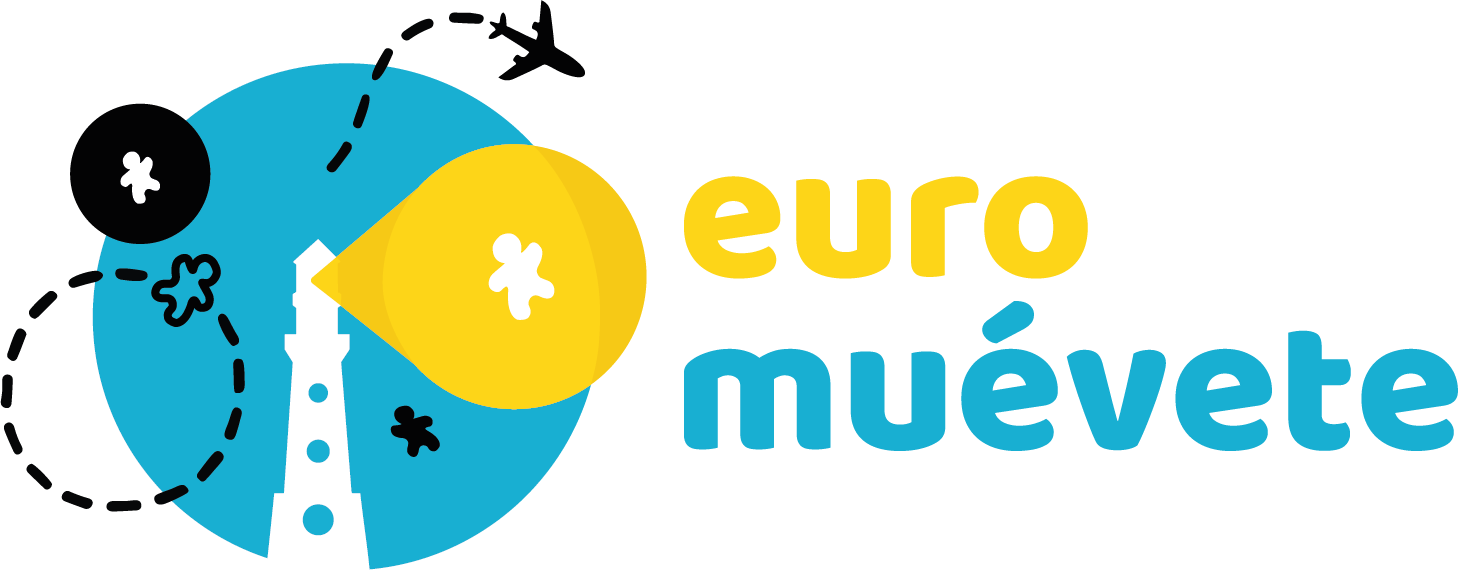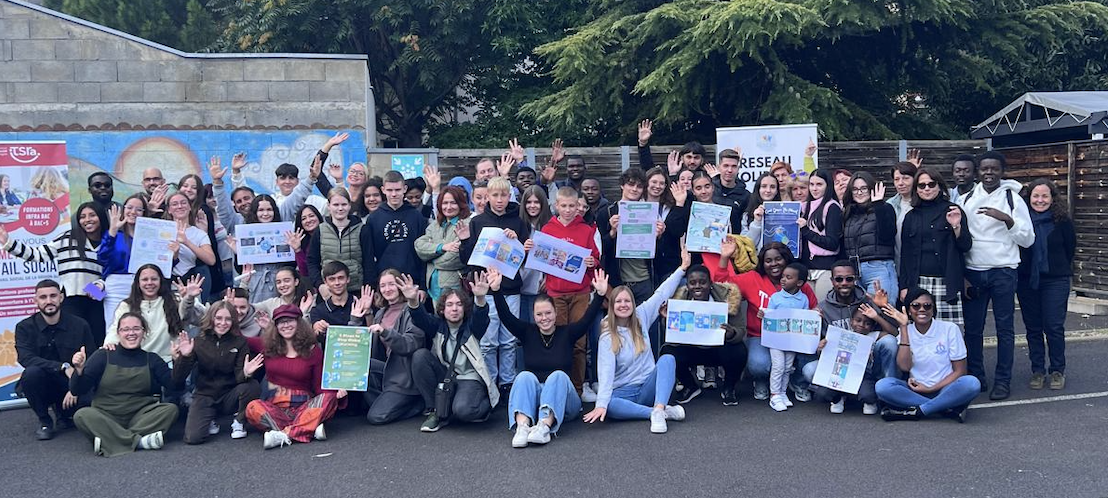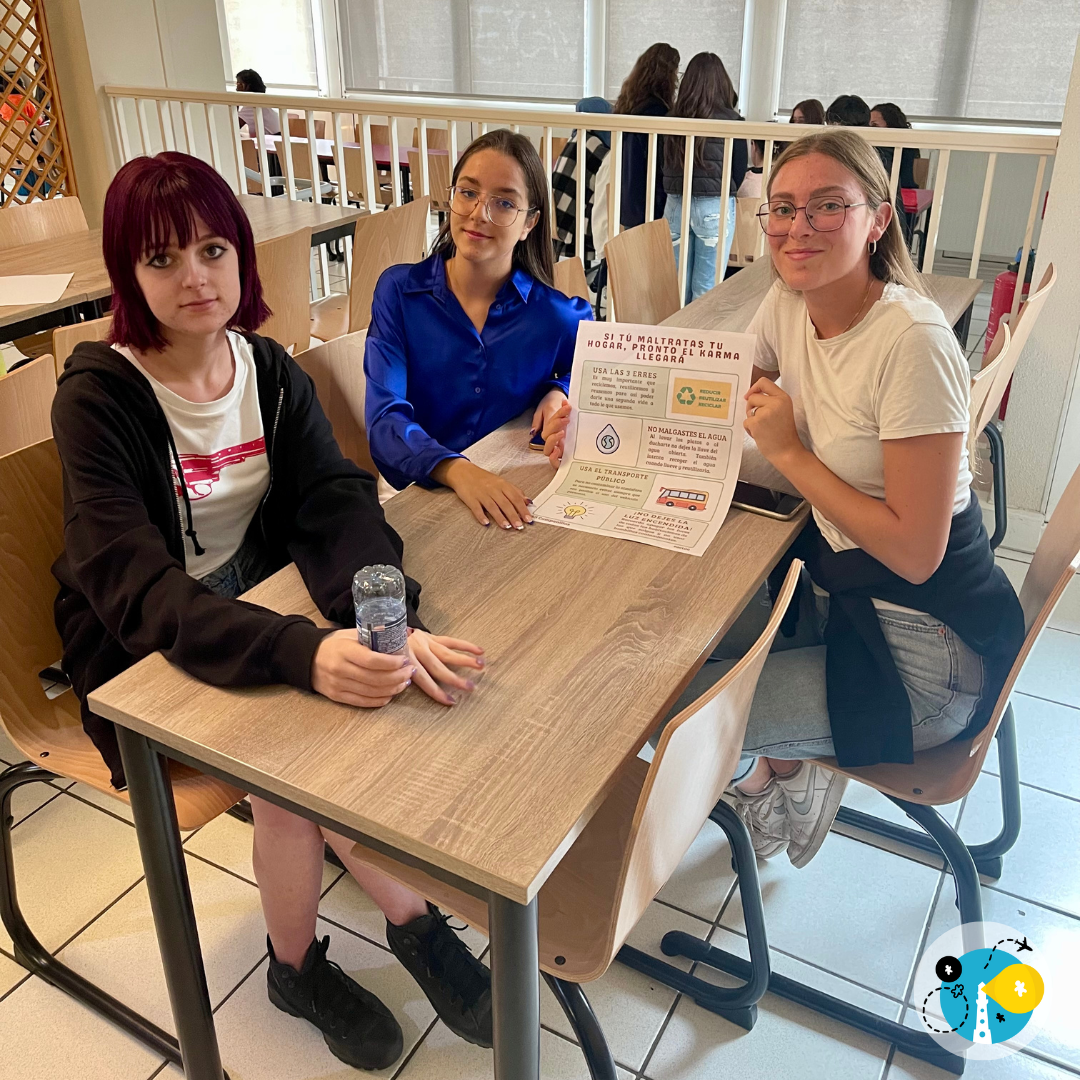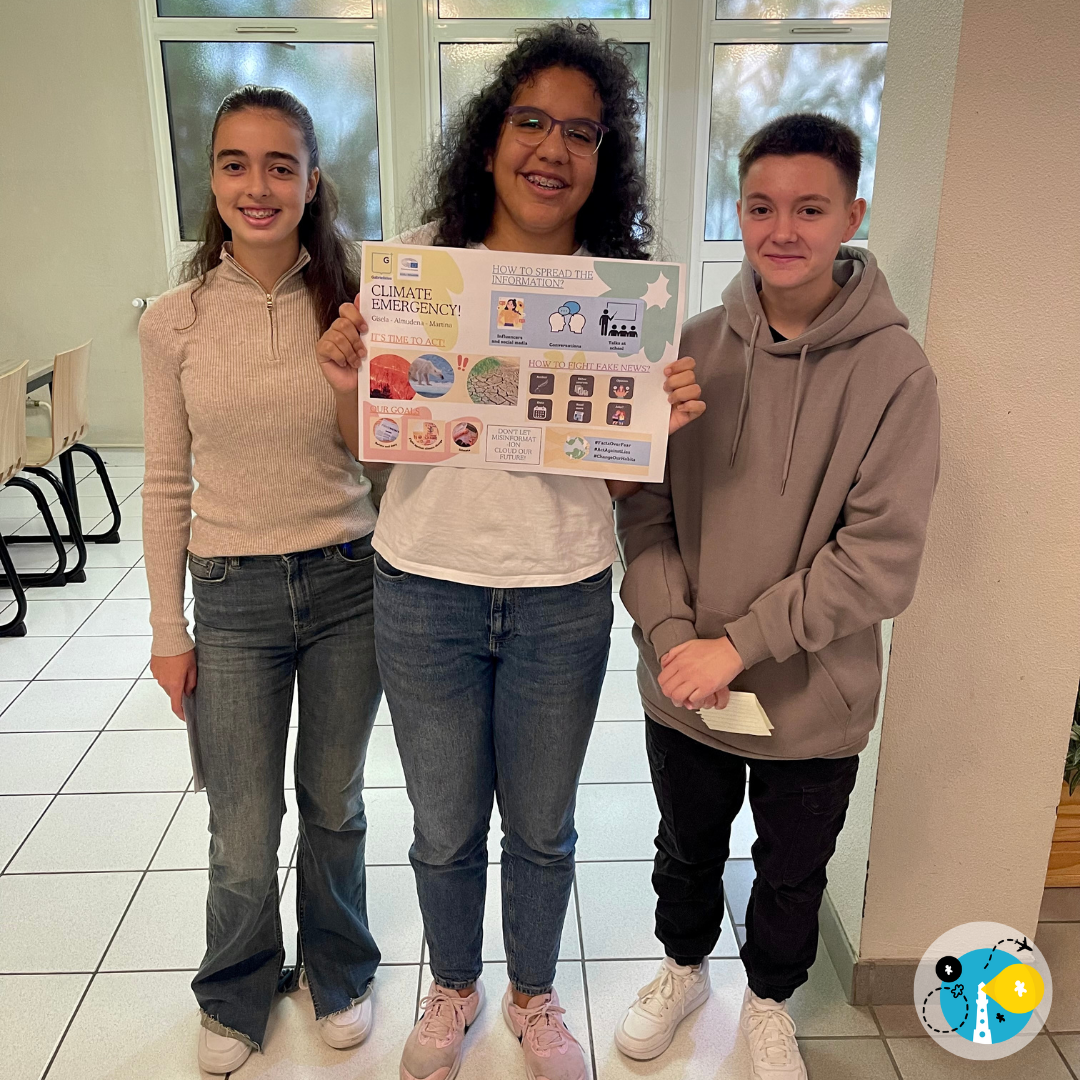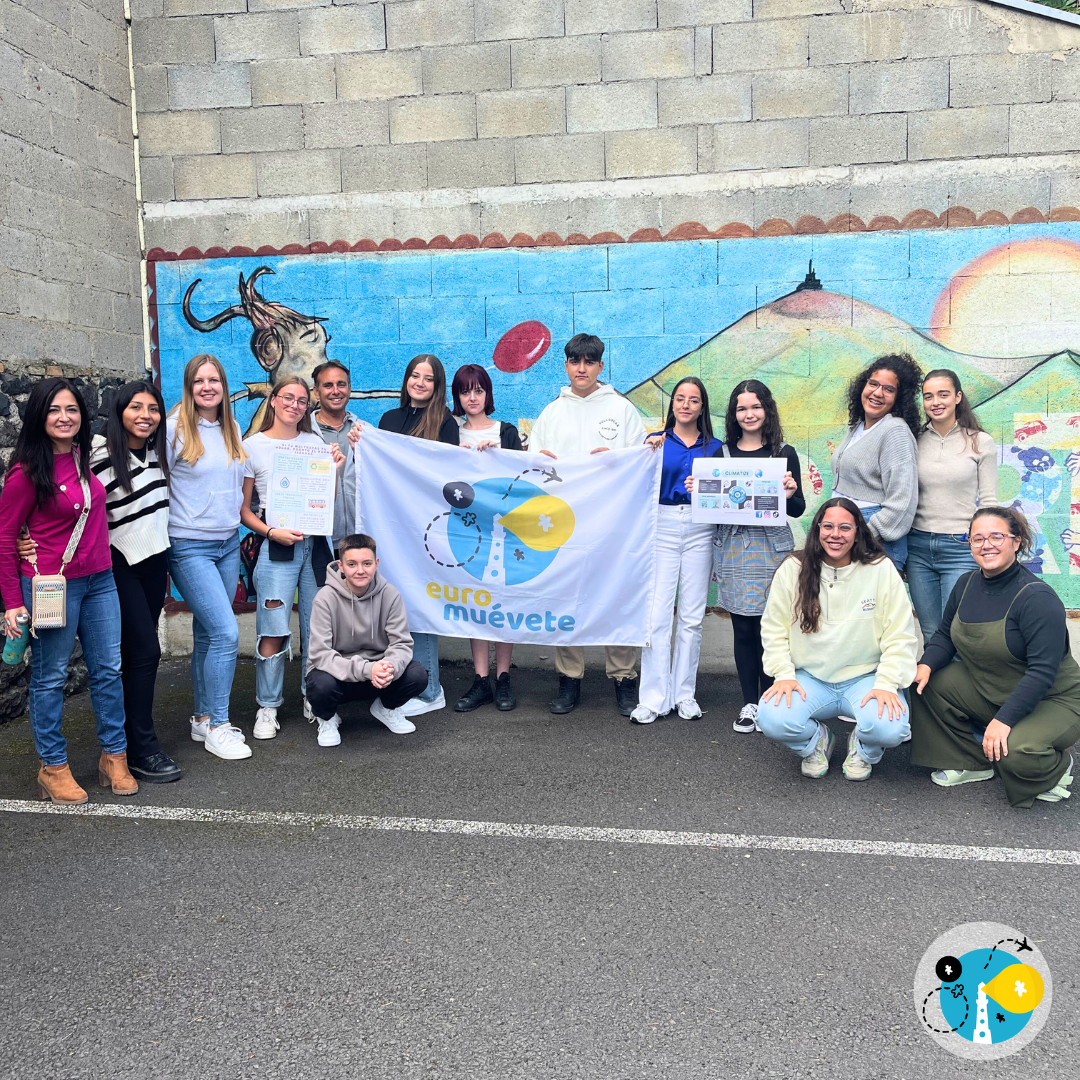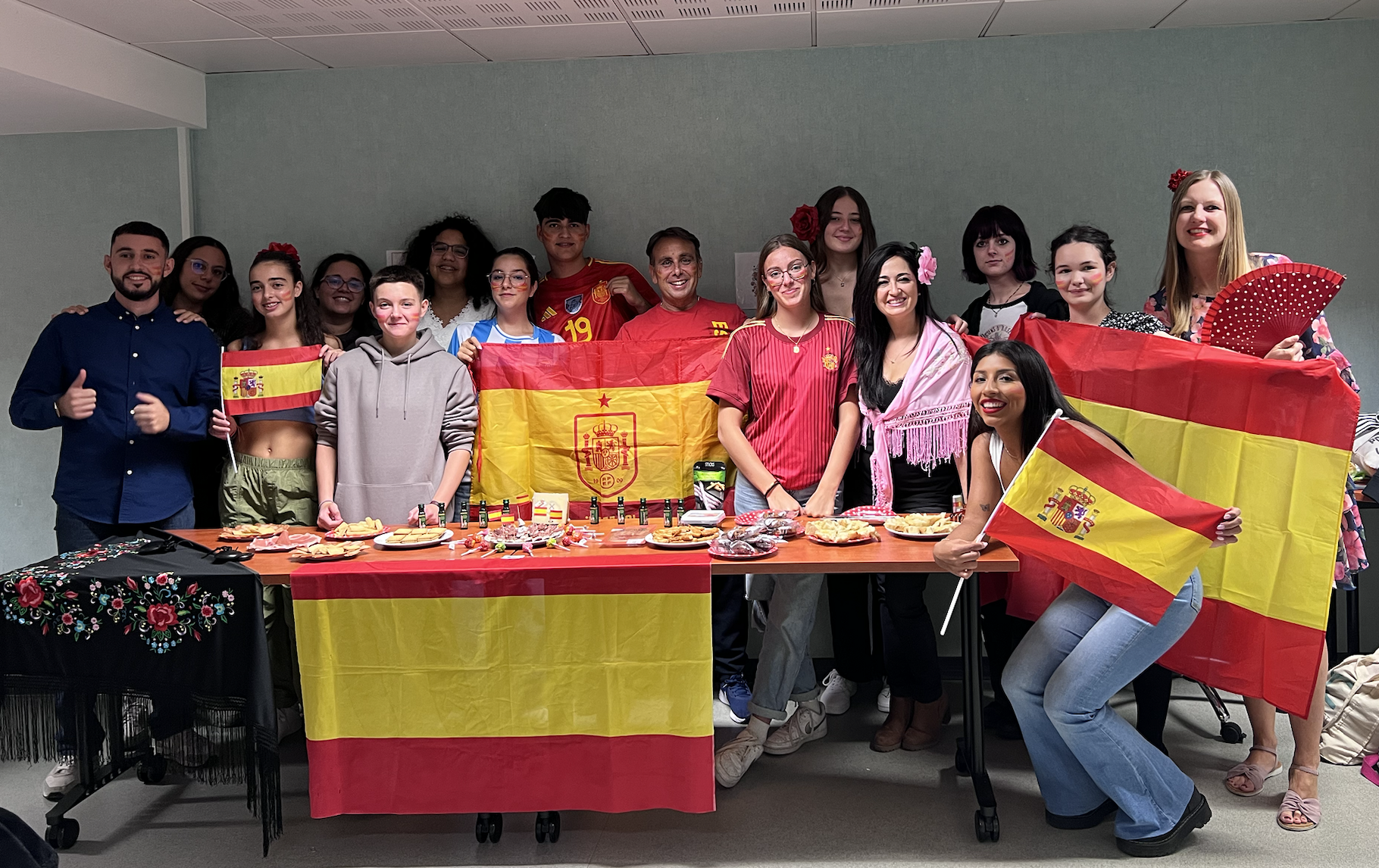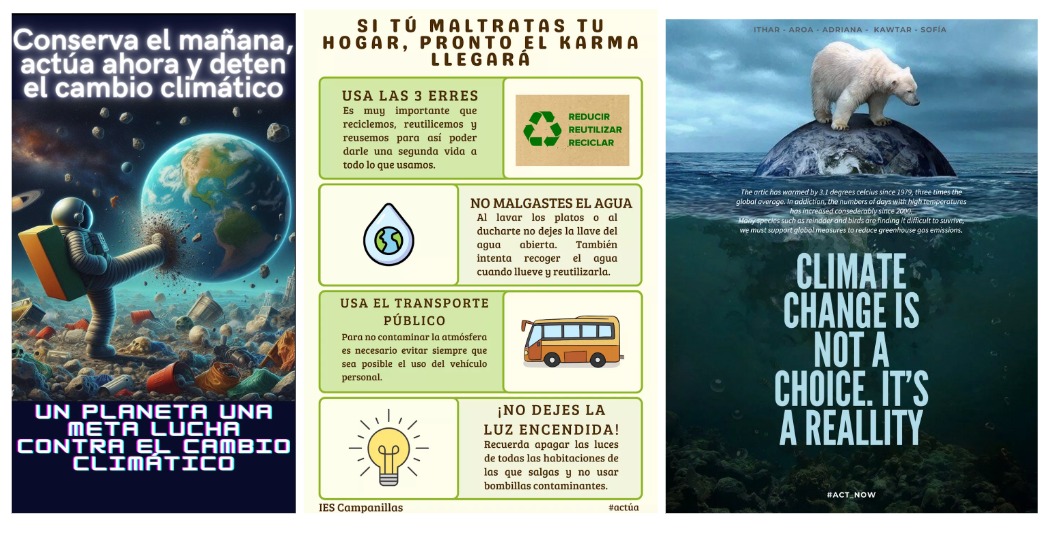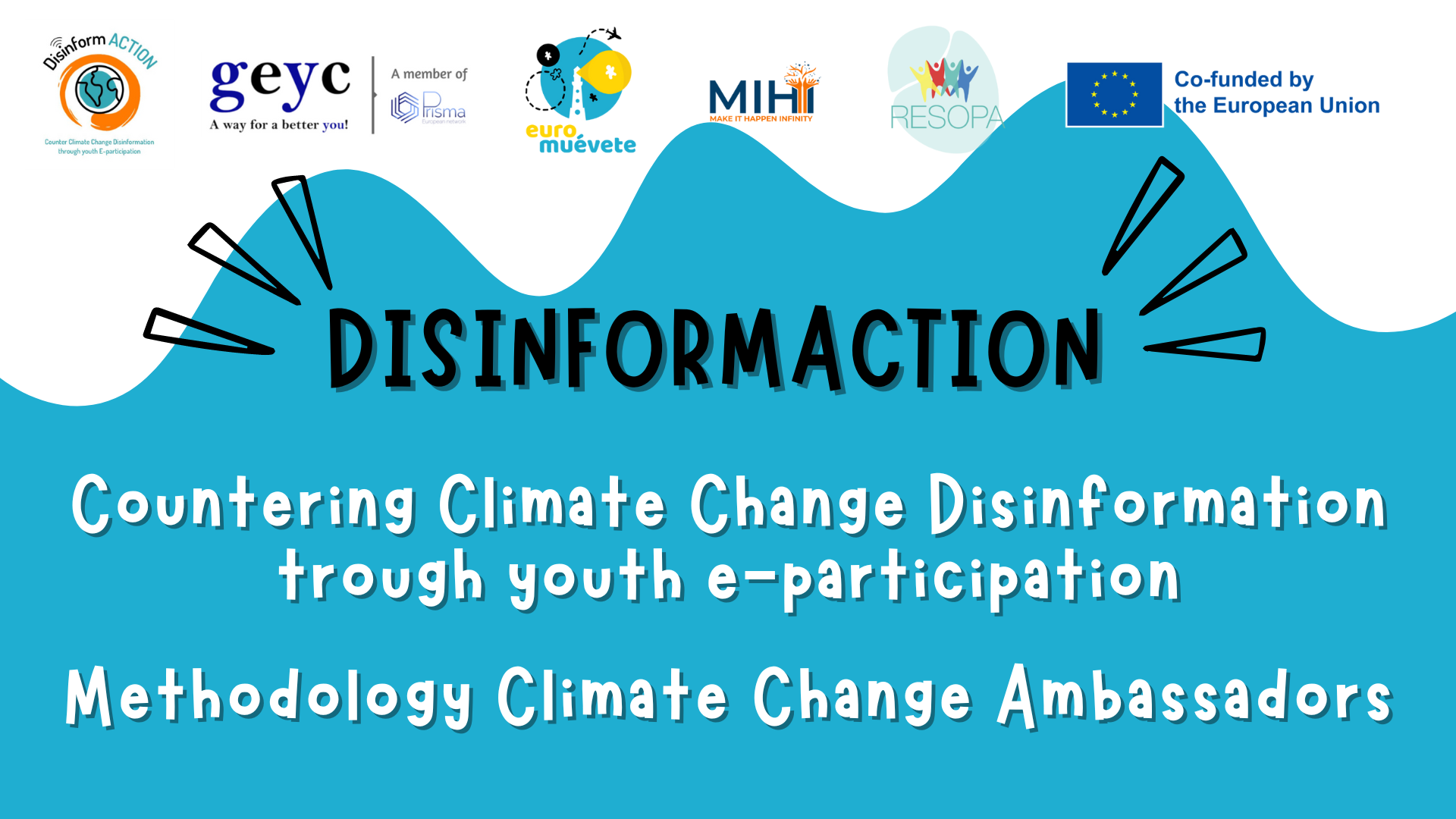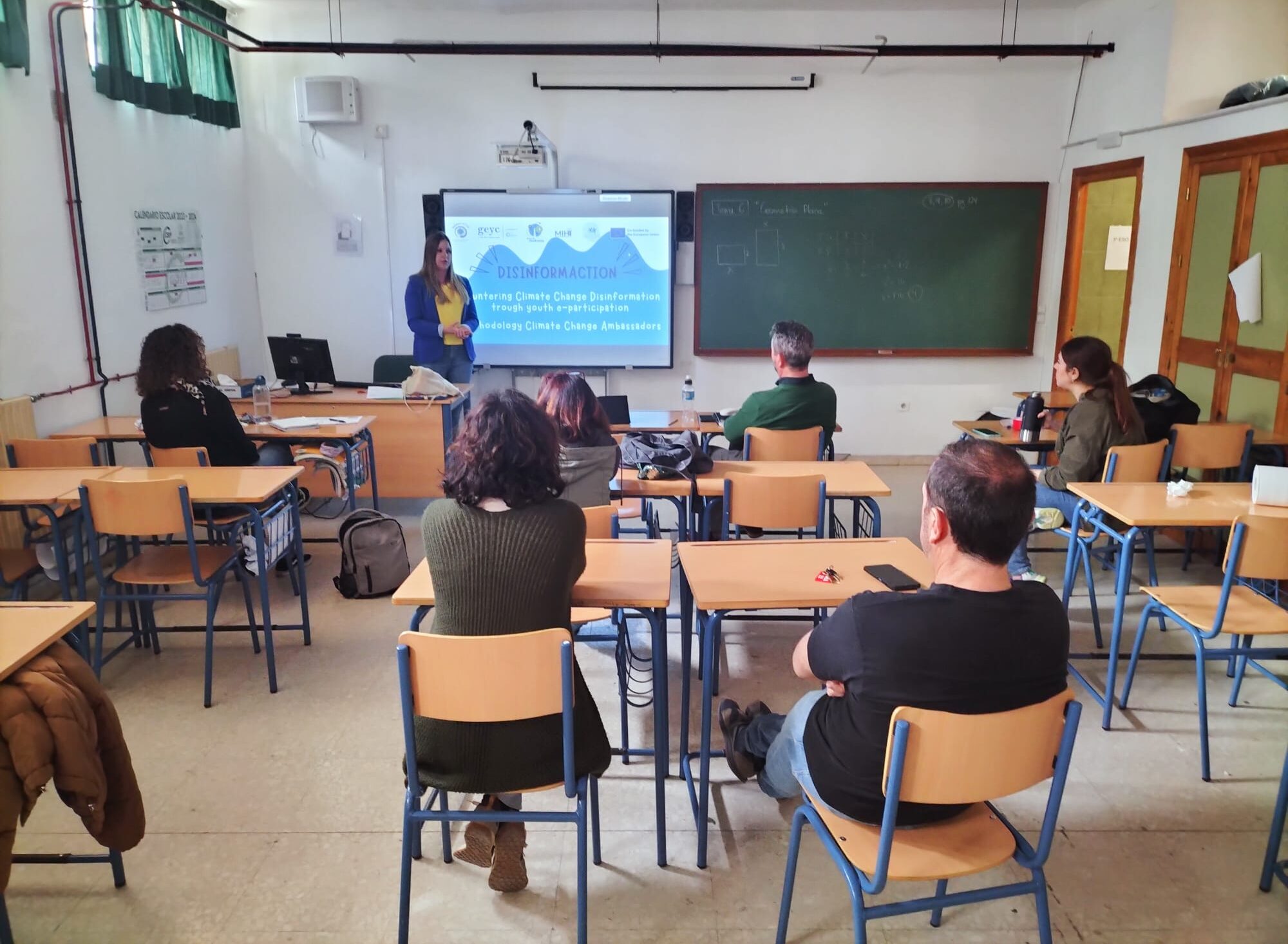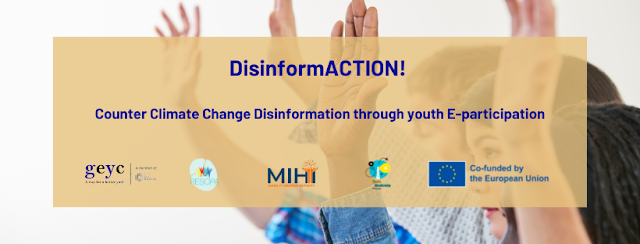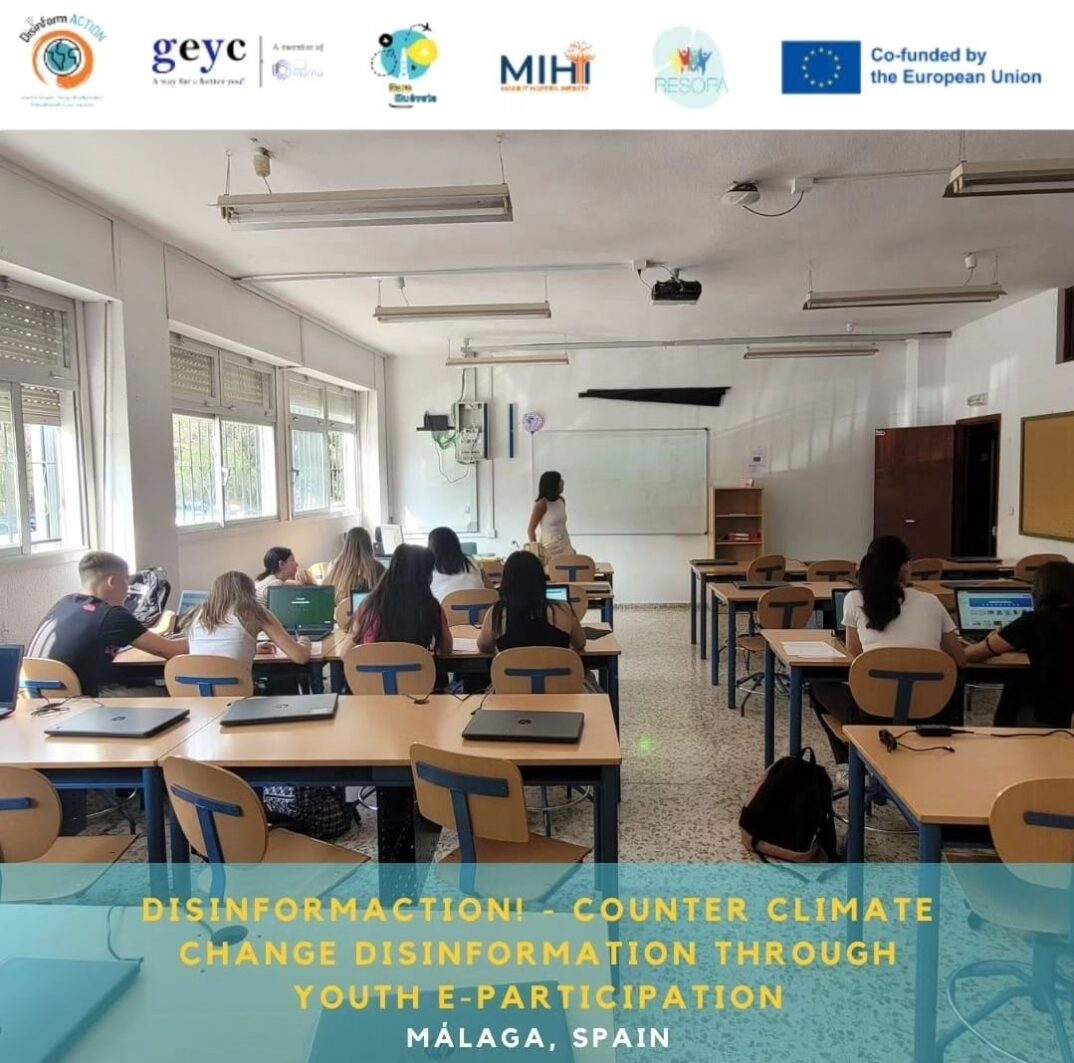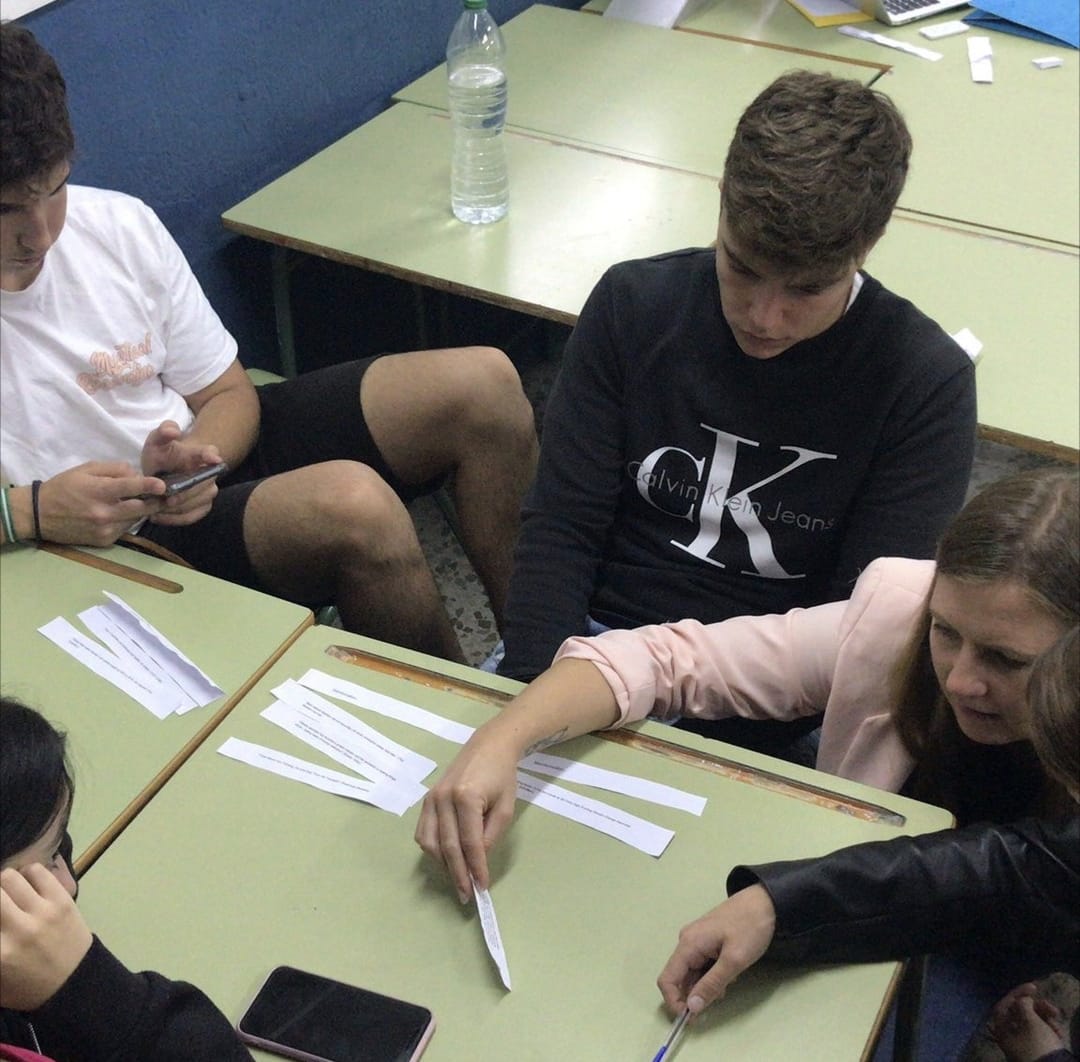DisinformACTION! Multiplier Event

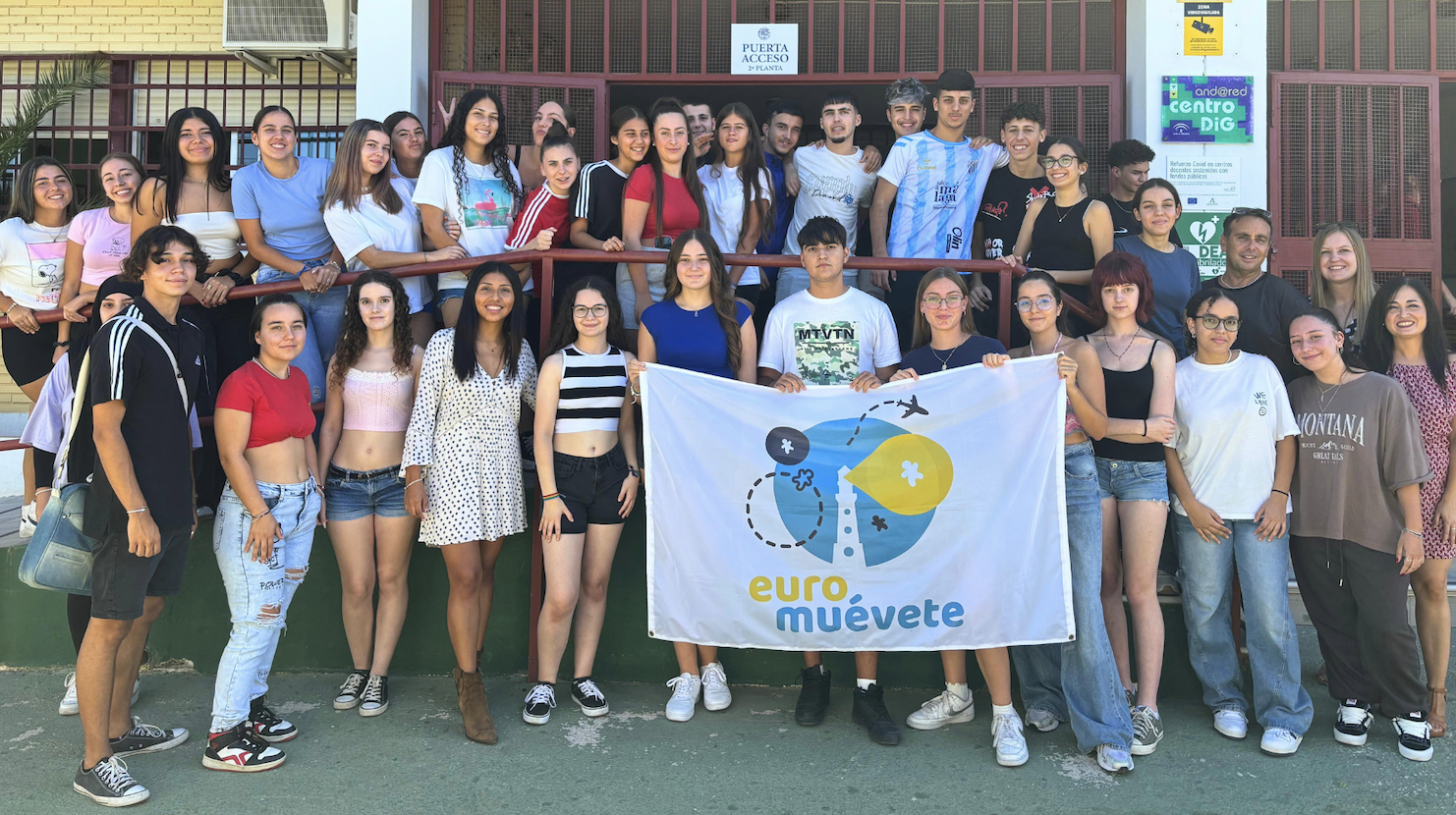
After successful completion of the DisinformACTION! Bootcamp in Clermont-Ferrand, France, we organized the DisinformACTION! multiplier event in Málaga, which took place on September 26th at IES Campanillas. The event was a significant opportunity to showcase the outcomes of the project and to disseminate the learnings and experiences gathered during the Bootcamp.
The timing of this event was carefully chosen to follow the Bootcamp in France so that the selected students and teachers who had participated in the international experience could serve as the main protagonists of the event. Their first-hand accounts of the Bootcamp’s activities, insights, and outcomes provided invaluable testimony that was both inspiring and educational for the wider audience.
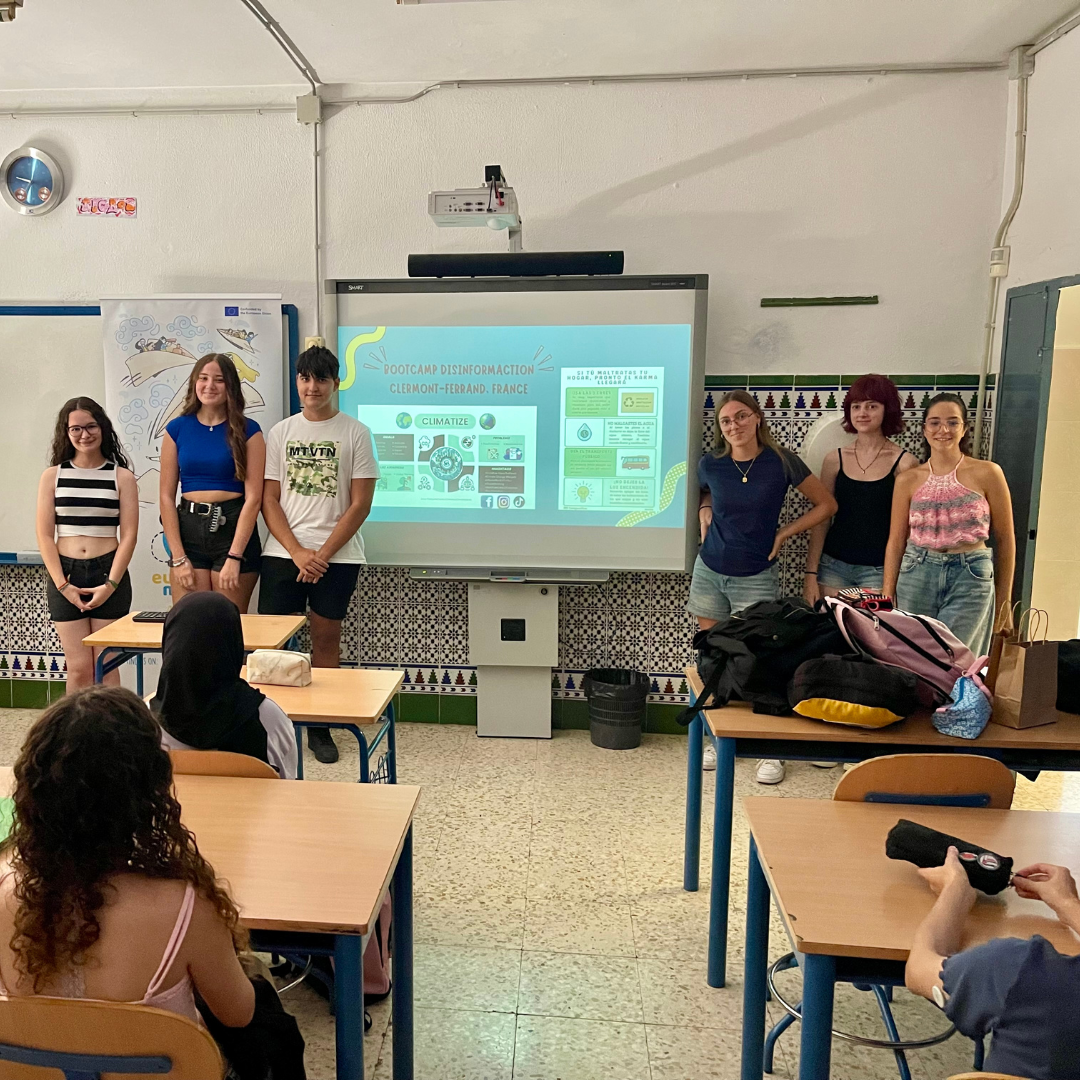
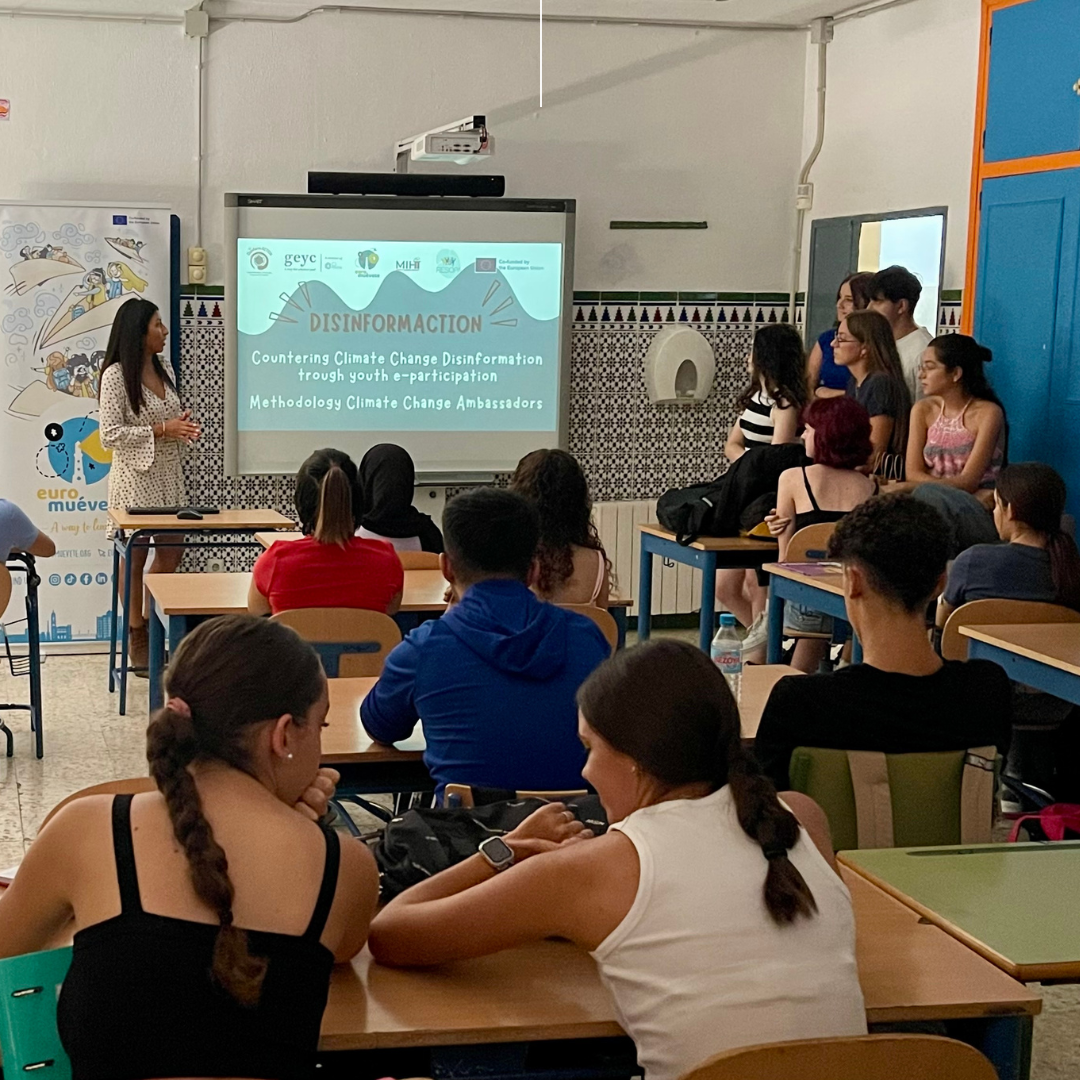
We started with the presentation on European Opportunities and DisinformACTION! project where Emily Piguave, project assistant at EuroMuévete, gave a detailed overview of EU opportunities, focusing on Erasmus+ and the DisinformACTION! project, which combats climate change disinformation and promotes media literacy among youth.
Participants of the event were tested on their knowledge of misinformation and disinformation, followed by a peer learning session where participants from the Bootcamp shared their experiences, highlighting climate change misinformation and cross-cultural cooperation.
At the end we had Q&A session covereig Erasmus+ and EU-funded initiatives, concluding with the announcement of a new project. Four students from IES Campanillas signed up for a youth exchange, marking their first involvement in an Erasmus+ project.
Conclusion and Impact
The multiplier event at IES Campanillas was highly successful in disseminating the results of the DisinformACTION! Bootcamp and reinforcing the core messages of the project. By structuring the event around interactive learning and peer experiences, we were able to actively engage the students and teachers in discussions about climate change misinformation, the importance of media literacy, and the value of European cooperation.
The event also achieved its goal of broadening awareness of the Erasmus+ program and other EU-funded opportunities. The interest generated among students to participate in future projects, as demonstrated by the sign-ups for the upcoming youth exchange, highlights the lasting impact of this event on the local community.
Moving forward, the success of this multiplier event will serve as a model for future dissemination efforts, ensuring that the lessons learned through DisinformACTION! continue to reach new audiences, inspiring greater youth engagement in the fight against disinformation and the promotion of active citizenship across Europe.
